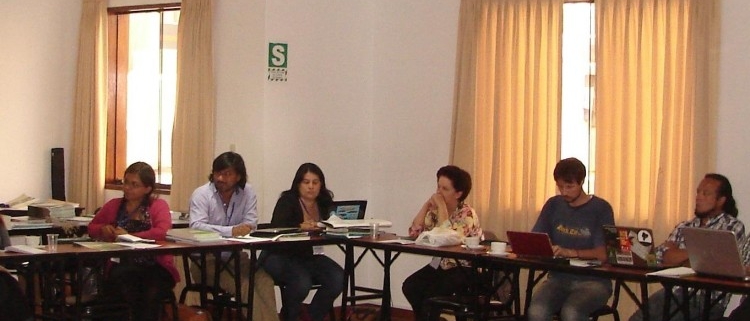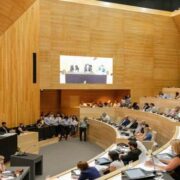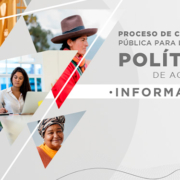FUNDEPS co-organizes regional workshop on infrastructure finance trends in Latin America
The event’s agenda revolved around the governance of and trends of investments in infrastructure in Latin America, and on the necessity of improved communication on the part of Latin American civil society in the face of a complicated and challenging regional backdrop.
The regional workshop “Trends in Investments in Infrastructure in the Region: Climate Change and Governance” took place in the city of Lima (Peru) on the 24th and 25th of April. Its objective was to examine and debate the economic and socio-environmental impact of investments in infrastructure financed by the multilateral development bank and by the national development banks of Latin America. The event was organized by AAyS (Environment and Society Association) of Colombia; CDES (Center for Economic and Social Rights) of Ecuador; CEDLA (Center of Studies for Labor and Agrarian Development) of Bolivia; DAR (Environmental Law and Natural Resources) of Peru; IBASE (Brazilian Institute for Social and Economic Analysis) of Brazil; FUNDAR Center for Analysis and Research of Mexico, and FUNDEPS (Foundation for the Development of Sustainable Policy) of Argentina.
- Multiplicity of involved actors, be they multilateral international banks like the World Bank or regional multilateral banks like BId and CAF; national development banks like Brazil’s BNDES;
- More global forums and spaces, like the G-20, the BRICS or UNASUR itself, via its Council on Infrastructure and Planning (COSIPLAN) charged with implementing the criticized IIRSA initiative in the region.
- Growing Chinese investment in the region
- Greater participation of the private sector either directly or via public-private partnerships.
- Weakening of environmental safeguards on the part of the principal institutions offering financing
- Failure on the part of the states to effectively observe and guarantee human rights when driving development projects.







